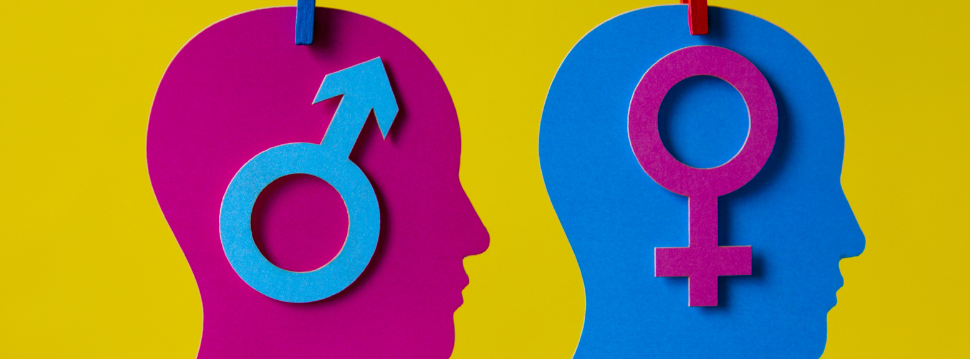Exploring the gender and security: A Youth Squad podcast reflection
In the episode of the Youth Squad podcast, Women and security, host Marija sits down with a passionate young feminist from Kosovo to tackle the interesting and often overlooked link between gender and security. This lively discussion shows how our gender identity can shape our sense of safety and the unique hurdles faced by different genders. Drawing insights from Caroline Criado Perez's "Invisible Women," they highlight the pressing need for gender-sensitive policies and explore how societal norms deeply influence our experiences of security.

The state of gender representation in security institutions
One key theme discussed is the underrepresentation of women in security institutions. Despite efforts to increase gender diversity, women make up only about 15% of police forces in many regions. This gap limits the institutions' ability to address the diverse needs of the community effectively. Even with quotas in place, deeply rooted patriarchal attitudes often undermine these efforts, leading to women being perceived as less knowledgeable or capable than their male counterparts.
"If someone doesn't feel secure enough, how are they going to interact in any other aspect of their lives if they don't feel secure in the first place?"
To tackle these issues, the discussion emphasizes the importance of promoting gender parity in security institutions by enforcing quotas, creating supportive policies and initiating mentorship programs and anti-discrimination training. How can these measures help reshape perceptions and ensure women are seen as capable and knowledgeable?
The imperative of gender sensitivity
Another vital topic covered is the necessity of gender sensitivity in security practices. The podcast argues that gender sensitivity training should go beyond being a formality and become an extensive, ongoing effort. This training must address the complexities of gender-based violence, including psychological and economic abuse, not just physical violence.
"Building a safe environment is of crucial importance for everyone, and if we see that this idea of feeling safe is very gendered and different genders have a different idea of it and face different challenges, it's very important to kind of tackle the security on a gender lens as well."
But are these trainings happening frequently enough and are they being taken seriously?

Barriers to reporting gender-based violence
The conversation also highlights the significant barriers women face when reporting incidents of gender-based violence. Many women feel uncomfortable approaching male officers, especially if they resemble their abusers, which can deter them from seeking help. The presence of more women in security roles can create a more supportive and empathetic environment.
"If a victim of gender-based violence comes to a police station, they often look for physical traces of violence, putting mental health and the mental toll of the incident on a second or third place."
To address these issues, the podcast advocates for actively recruiting and retaining more women in security positions. This approach not only creates a safer reporting environment but also highpoints the need for a holistic response to violence, prioritizing mental health and emotional support alongside physical evidence collection.
A call for societal change
As we strive to build a safer and more inclusive environment, it is vital to implement the actionable advice shared in this episode, such as:
- Promote gender parity by ensuring equal representation of women in security roles by implementing and enforcing quotas and supportive policies
- Provide regular training for security personnel on all forms of gender-based violence, including psychological and economic abuse.
- Increase female representation by recruit and retain more women in security positions to create a supportive environment for victims.
- Make reporting easier for victims by having female officers available and prioritizing mental health support alongside physical evidence collection.
- Include gender sensitivity and human rights in the curricula and entrance exams for security personnel. Develop community programs and support networks for survivors, offering education and resources.
- Raise awareness and challenge norms by conduct public awareness campaigns and promote a more inclusive view of safety for all genders.
- By raising awareness, supporting survivors, and challenging societal norms, we can collectively work towards a more equitable future for everyone, regardless of gender identity.
How will you contribute to making this vision a reality?
Tune in to the full episode, on one of the follwing platforms, YouTube, Spotify and Deezer, to engage with these crucial discussions and be part of the change.the way.


